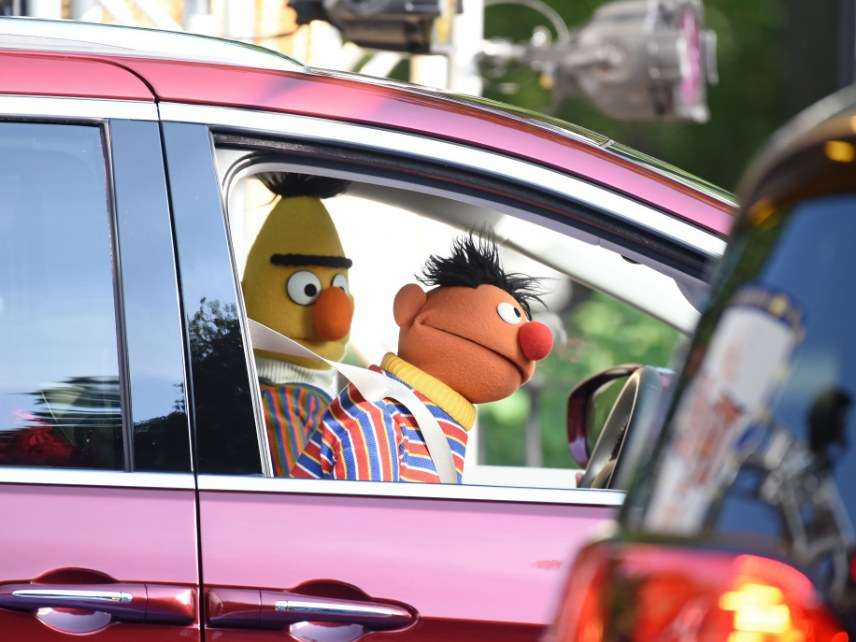U.K.'s Top Court Sides with Baker in Gay Cake Case
No, a baker cannot be compelled to "support gay marriage" with frosting.

The United Kingdom's highest court ruled Wednesday that a baker cannot be forced to bake a cake with a pro-gay message on it.
The U.K. doesn't have the First Amendment speech protections familiar to United States citizens, but it does have many protections for freedom of expression under the European Convention of Human Rights. Citing those protections, the five judges on the U.K. Supreme Court ruled unanimously that a baker cannot be forced to sell a cake that included a message he or she found objectionable.
The case revolved around a bakery in Belfast, Ireland, and the religious couple who owned it. A customer came to them in 2014 asking them to make a cake that said "support gay marriage," and included a picture of Bert and Ernie from Sesame Street. The owners did not support gay marriage for religious reasons and therefore declined to make the cake.
The customer complained to the Equality Commission of Northern Ireland, claiming discrimination on the basis of his sexual orientation, religious belief, or political opinion. Lower courts found for the customer, concluding that the bakers had discriminated against him.
Not so, says the U.K. Supreme court in its ruling. The bakery did not refuse to serve the customer on the basis of him being gay. The bakery refused to add a message onto the cake that they objected to. They would have rejected the cake regardless of the sexual orientation of the customer. The U.K.'s free speech protections, much like ours in the United States, also protect a person's right to refuse to communicate a message they oppose. The ruling even makes note of the recent Masterpiece Cakeshop Supreme Court decision from the United States:
The important message from the Masterpiece Bakery case is that there is a clear distinction between refusing to produce a cake conveying a particular message, for any customer who wants such a cake, and refusing to produce a cake for the particular customer who wants it because of that customer's characteristics. One can debate which side of the line particular factual scenarios fall. But in our case there can be no doubt. The bakery would have refused to supply this particular cake to anyone, whatever their personal characteristics. So there was no discrimination on grounds of sexual orientation.
The reason for the ruling has, as has been typical, falling on the deaf ears of the "Just bake me a cake!" crowd. In The Guardian, the customer in the case complains, "I'm very confused about what this actually means. We need certainty when you go to a business. I'm concerned that this has implications for myself and for every single person."
This isn't confusing at all, and this is pretty much how free speech has generally been applied. Admittedly I'm not familiar with all of the relevant precedents in U.K.'s courts, but in the United States there are a number of court cases that prohibit the government from compelling most forms of speech or expression.
In other words, you don't get certainty. Doing business with your fellow humans does not require that every other human do whatever you ask of them. The great thing about a robust free market is that it's easy to find alternatives when a baker or printer doesn't want to say what you want them to.
Read the court ruling here.


Show Comments (88)